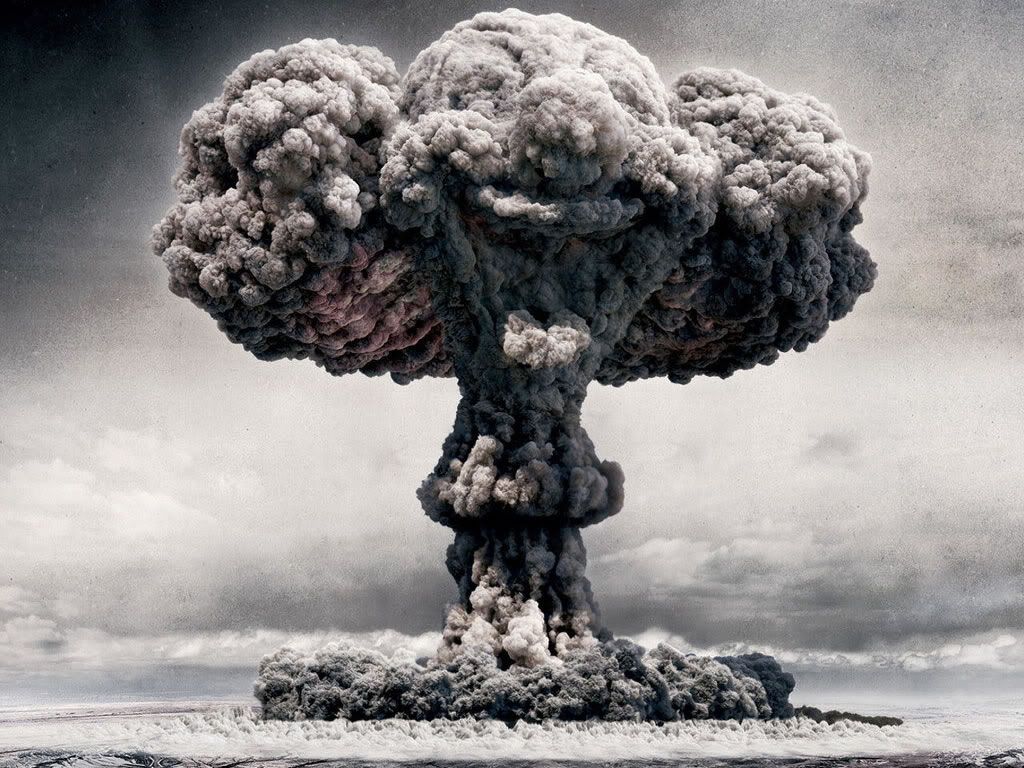 I had lunch last week with a friend and ex-colleague of mine who I hadn't seen for about 9 months. He has left the old company and is about to sign a contract with a new firm which will put him into the 'good earners' bracket and allow him to put his youngest kid through university to follow his eldest daughter who graduates next year.
I had lunch last week with a friend and ex-colleague of mine who I hadn't seen for about 9 months. He has left the old company and is about to sign a contract with a new firm which will put him into the 'good earners' bracket and allow him to put his youngest kid through university to follow his eldest daughter who graduates next year. As we discussed the general level of education around in the country, we both went into our best 'grumpy old men' impression and started saying "Kids today... they don't know anything about what it means to live. They don't have the skills to do anything useful. Yada. Yada. Yada". In one sense we were both absolutely right, but what this did lead onto was a further discussion about the underlying change in society's ability to actually provide for itself in case of a disaster.
The example I gave was this: If there was some sort of apocalypse tomorrow and a large swathe of the human population was wiped out, which of today's seemingly simple facilities could you replicate yourself? Could you build a Spinning Jenny? What about a loom? A telephone? Could you make steel from iron? What about petrol from oil? Could you build a car? A plane? A bicycle? A toaster?
It slowly dawned on both of us that we were - like a large proportion of the human population - severely restricted when it came to knowing the principles and design behind a large amount of things that we take for granted. My friend is - by training - a telecommunications engineer, so I asked him if he could design and build a network router. He told me he knew the principles of packet switching but would not be able to build a practical example of this.
We started talking about health and safety (in a traditional "safety of the person and upkeep of health" way rather than the new H&S dictators that have sprung up around the place) and we both admitted that we would have very little idea about how to deal with lots of medical emergencies over and above providing palliative care for someone. We could both probably reset a broken limb, and keep a flu-suffering patient comfortable, but over and above that? No. I asked him if he knew how to filter water for drinking. He said he could. So I asked him if that was filtering water from a stream or would that extend to taking sewage water and filtering it to such an extreme that it, too, could be recycled and drunk again. We both agreed that we had no idea how to do that.
Being a vegetarian I then asked him the one question I like to ask all carnivores: For your morning bacon sandwich, could you kill a pig (humanely), skin and clean it, butcher it and know which part of the pig was used for bacon? He hesitated a little and then said 'I could kill the pig if I had to eat, and I think I know where bacon comes from'. But that didn't seem to me to be a full and complete answer.
As I was thinking about this today I happened across an interesting TED talk about a young man who rose to the challenge of building a toaster from scratch. Despite the fact that a very, very cheap toaster can be purchased in the high street with very little difficulty, reverse engineering this and creating the toaster itself from raw materials and a little external help proved to be virtually impossible.
Of course this isn't anything new. Isaac Asimov wrote about this in his Foundations series back in the 1940's realising that knowledge is the thing that needs to be saved during times of trouble. It is interesting to me, though, how we are losing a lot of the skills we need to survive merely by the fact that we are narrowing down the areas of specialisation.
Is there hope for humanity? :)
Is there hope for humanity? :)


0 comments (See Policy http://tinyurl.com/5qgr5x):
Post a Comment